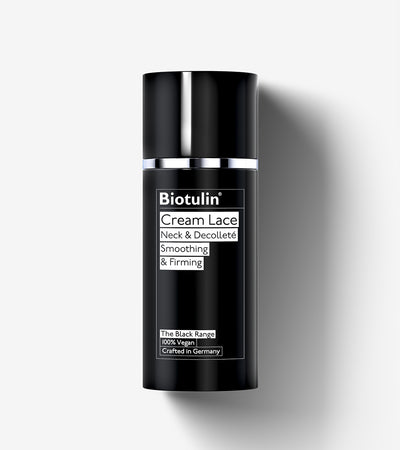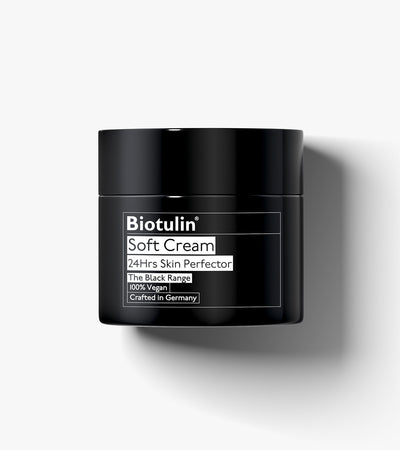Overview/Definition
Decyl oleate is a synthetic ester derived from the combination of decyl alcohol and oleic acid. It is widely used in the cosmetics and skincare industry due to its emollient properties, which help to soften and smooth the skin. Decyl oleate is valued for its ability to enhance the texture and feel of skincare products, making them more pleasant to apply. It is often included in formulations to improve the spreadability of creams and lotions, ensuring that they glide effortlessly over the skin.
The primary function of decyl oleate in skincare is to act as an emollient, which means it helps to fill in the spaces between skin cells, creating a smoother surface. This can be particularly beneficial for dry or rough skin, as it helps to lock in moisture and prevent water loss. Decyl oleate is also known for its occlusive properties, meaning it forms a protective barrier on the skin's surface to retain hydration.
Decyl oleate is synthesized through a chemical process that combines decyl alcohol, a fatty alcohol, with oleic acid, a monounsaturated fatty acid found in various plant and animal sources. This synthesis results in a stable, non-irritating ingredient that is well-tolerated by most skin types. Its chemical structure allows it to be easily absorbed by the skin, where it can provide long-lasting moisturization and improve overall skin texture.
Function in Skincare
Decyl oleate primarily serves as an emollient and occlusive agent in skincare products. Its main functions include:
- Emollient: It softens and smoothes the skin by filling in the gaps between skin cells.
- Occlusive: It forms a protective barrier on the skin's surface to prevent moisture loss.
- Enhances Texture: It improves the texture and feel of skincare products, making them easier to apply.
The primary benefits of decyl oleate for the skin include improved hydration, a smoother texture, and enhanced skin barrier function.
Skin Type Suitability
Decyl oleate is suitable for a variety of skin types, but it is particularly beneficial for:
- Dry Skin: Its emollient and occlusive properties help to lock in moisture and prevent water loss.
- Sensitive Skin: It is generally well-tolerated and non-irritating, making it a good choice for sensitive skin.
- Aging Skin: It can help to improve skin texture and reduce the appearance of fine lines and wrinkles.
Decyl oleate addresses specific concerns such as dryness, rough texture, and signs of aging.
Benefits
Decyl oleate provides several specific benefits for the skin, including:
- Improved hydration and moisture retention.
- Smoother and softer skin texture.
- Enhanced skin barrier function.
- Reduced appearance of fine lines and wrinkles.
Scientific studies have shown that decyl oleate is effective in improving skin hydration and texture. For example, a study published in the Journal of Cosmetic Dermatology demonstrated that emollients like decyl oleate can significantly improve skin barrier function and reduce transepidermal water loss.
Potential Side Effects or Risks
Decyl oleate is generally considered safe and well-tolerated. However, as with any skincare ingredient, there are a few potential side effects to be aware of:
- Allergic Reactions: Although rare, some individuals may experience allergic reactions or skin irritation.
- Comedogenicity: While decyl oleate is not highly comedogenic, it can potentially clog pores in some individuals, especially those with acne-prone skin.
It is always a good idea to perform a patch test before incorporating a new skincare product into your routine.
Usage in Skincare Products
Decyl oleate is commonly found in a variety of skincare products, including:
- Moisturizers
- Creams
- Lotions
- Body butters
- Lip balms
It is typically used in concentrations ranging from 1% to 5%, depending on the desired texture and moisturizing effect.
How it’s used
To incorporate products containing decyl oleate into your skincare routine, follow these best practices:
- Apply moisturizers or creams containing decyl oleate after cleansing and toning.
- Use products with decyl oleate daily for optimal hydration and skin texture improvement.
- Combine decyl oleate with other hydrating ingredients like hyaluronic acid or glycerin for enhanced benefits.
Scientific Studies/Research
Several studies have demonstrated the efficacy of decyl oleate in skincare. For example:
- A study published in the Journal of Cosmetic Dermatology showed that emollients like decyl oleate improve skin barrier function.
- Another study in the International Journal of Cosmetic Science found that decyl oleate enhances skin hydration and reduces transepidermal water loss.
Other Names/Synonyms
Decyl oleate may also be listed under the following names:
- Decyl 9-octadecenoate
- Oleic acid decyl ester
Sustainability/Environmental Impact
Decyl oleate is generally considered to be sustainably sourced, as it is derived from natural fatty acids and alcohols. However, it is important to check the specific sourcing practices of the manufacturer. Decyl oleate is often vegan and cruelty-free, but this can vary depending on the brand.
Fun Facts (Optional)
Decyl oleate has been used in cosmetics for decades due to its effective emollient properties. It is also used in other industries, such as textiles and lubricants, for its ability to improve texture and reduce friction.



